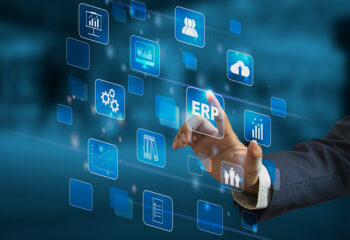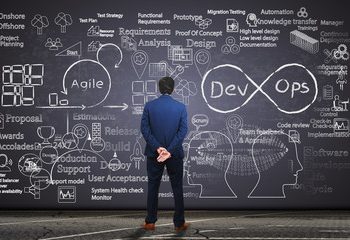What is ERP Software and Why Do You Need It?
ERP stands for Enterprise Resource Planning, but somehow that doesn’t convey what it means or what it does. Generally, it refers to the systems and software packages used by organizations to manage day-to-day business activities, such as accounting, procurement, project management, sales, and manufacturing and/or distribution operations.
ERP software helps enterprises to use integrated solutions for business management and to automate certain department processes of an organization, like Human Resources. Towards the beginning, when ERP software first came into the market, it was primarily designed for inventory management. Today, ERP systems have evolved to encompass a lot of other back and front-office operations.
In order to fully understand ERP, it helps to take a step back and consider all the processes required to manage a business – which is a lot. These processes include anything from Customer Relationship Management (CRM), order management, inventory management, labor management, HR, accounting and finance, etc.
ERP systems tie together and define a plethora of these business processes, and enable the flow of data between them. By collecting an organization’s shared transnational data from multiple sources, ERP systems eliminate data duplication and provide data integrity with a “single source of truth.” Today, ERP systems are critical for managing thousands of businesses of all sizes and in all industries.
Here’s Why You Need ERP Software
- Digitize Self-Service: It can inform customers on what’s available and what’s out of stock. It can help with product suggestions based on purchase or browsing history. Customers can get regular updates on how far away they are from receiving the product. It helps customers with all details pertaining to their purchases. This not only reduces operational costs but also adds credibility to your business.
- Eliminate Data Redundancy and Errors: Data repetition and errors are a common sight when you use different software to deal with such data. With an ERP integrated to your business, you can get rid of such inefficiencies and manage your business better.
- Increased Revenue Growth: Since an ERP is integrated with your business, most of your sales and revenue data are readily available and are updated in real-time. With this information, you can get a deep understanding of business revenue. You will be in a better position to identify and manage cost variances. You will also be able to allocate financial, human, and operational resources better. This will eventually lead to rewarding outcomes such as an upward revenue growth, business expansions, better-paid employees, etc
Success Stories






